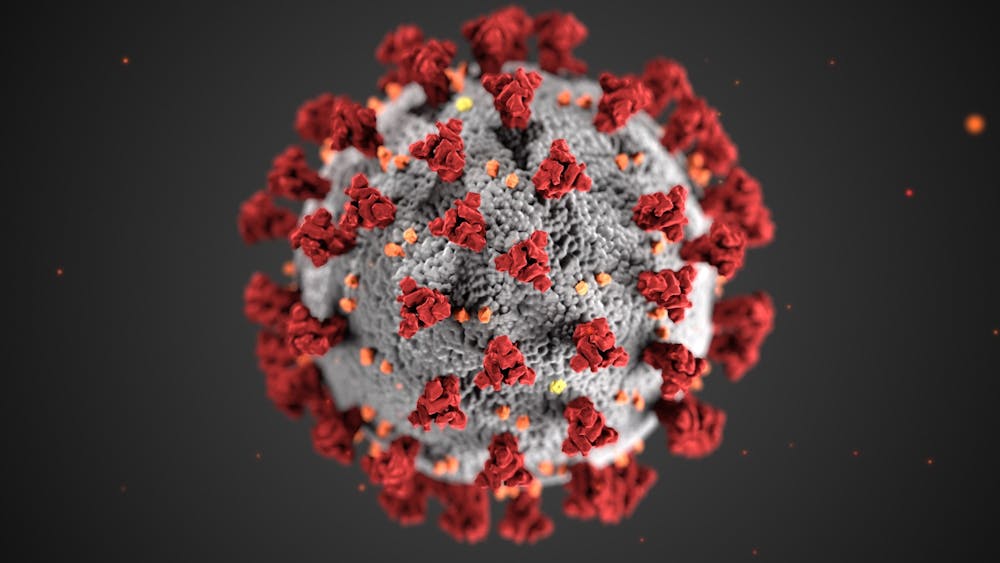Ball State reported 3 positive COVID-19 cases among students and employees over spring break March 7-13, according to the Ball State COVID-19 dashboard.
This accounts for an 82.36 percent decrease in cases.
Ball State announced March 2 masks would no longer be mandatory beginning 5 p.m. March 4, a time when many students began leaving for spring break. As of March 10, the Centers for Disease Control and Prevention lists Delaware County as having a medium community level, meaning it only recommends masks for those who are immunocompromised or have been around somebody who has COVID-19.
Campus vaccination rates for full- and part-time employees remained at 74 percent. This number indicates all those faculty, professional, service and staff employees who are fully vaccinated. Ball State does not currently publicly report the number of students who have received their full vaccination series.
People ages 5 and older are eligible to receive a COVID-19 vaccine. Everyone ages 12 and older are eligible for a Pfizer booster shot at least five months after their second dose, and adults ages 18 and older are eligible for a Moderna shot at least five months after their second dose. Those ages 18 and older who received the Johnson & Johnson vaccine are eligible for a second dose at least two months after their first.
If you have not yet received your COVID-19 vaccine, you can find a vaccination location near you and sign up for an appointment at ourshot.in.gov.





